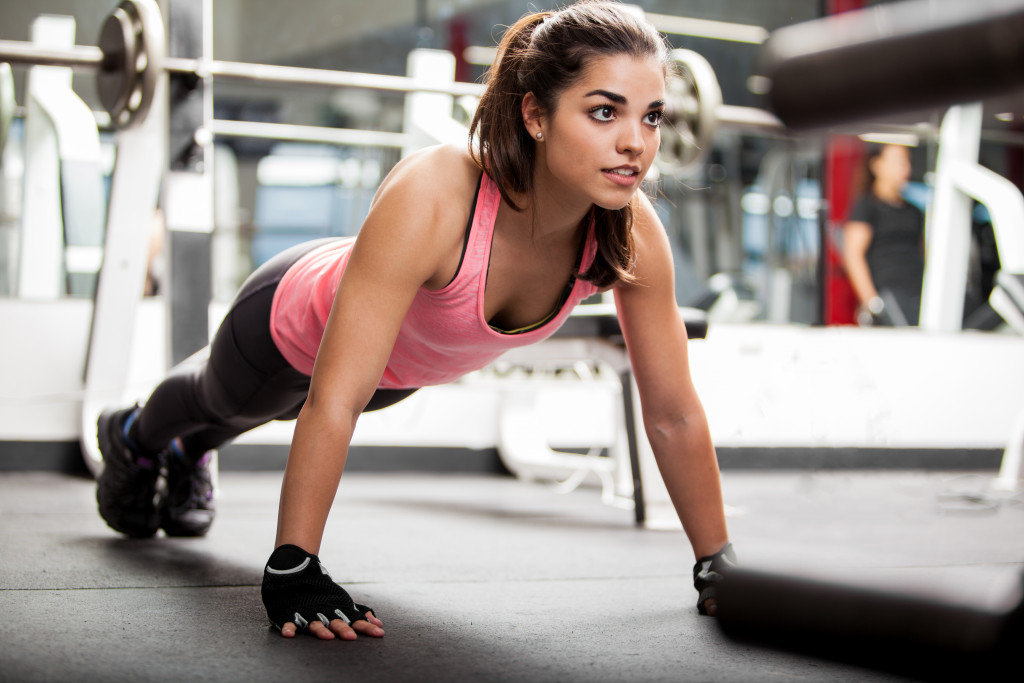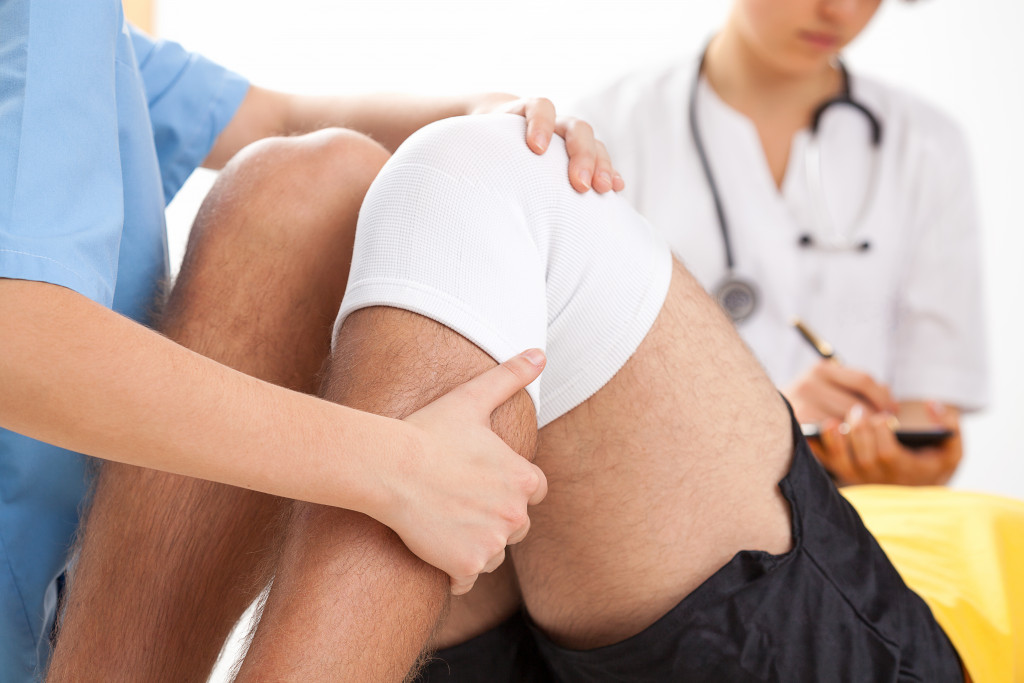Disclaimer: The Lifestyle Elf. This site provides fashion and lifestyle content for informational purposes only.
- Set clear and specific goals to stay motivated and achieve optimal results.
- Design an effective workout routine tailored to your goals and preferences.
- Prioritize rest and recovery days for muscle repair and performance enhancement.
- Fuel your body with a balanced diet of whole foods, protein, fruits, vegetables, grains, and healthy fats.
- If needed, prepare for injuries by keeping a first aid kit, learn injury management techniques, and consult a physical therapist.
Living a fitness-centered lifestyle is not just about hitting the gym or running—it’s a holistic approach to health and well-being. It encompasses various aspects of your life, including physical activity, nutrition, mindset, and self-care. This guide will provide five valuable tips to maximize your fitness-centered lifestyle and achieve optimal results. Incorporating these tips into your daily routine can enhance your fitness journey and maintain a healthy and balanced lifestyle.
1. Set Clear Goals
Setting clear and specific goals is crucial for staying motivated and focused on your fitness journey. Define what you want to achieve, whether it’s losing weight, building muscle, improving cardiovascular endurance, or enhancing flexibility. Break down your goals into smaller, attainable milestones that you can track and celebrate along the way. Setting goals directs you and helps you stay committed to your fitness-centered lifestyle.
2. Design an Effective Workout Routine

Having an effective workout routine tailored to your goals and preferences is essential for maximizing your fitness-centered lifestyle. Consult with a fitness professional or personal trainer to create a well-rounded program that includes cardiovascular exercise, strength training, and flexibility exercises. Incorporate a variety of exercises to target different muscle groups and prevent plateaus. Additionally, consider incorporating functional training and activities you enjoy, such as yoga or swimming, to keep your workouts engaging and fun.
3. Fuel Your Body with Proper Nutrition
Nutrition plays a crucial role in supporting your fitness-centered lifestyle. Make sure to eat a balanced diet comprising a range of whole foods, such as lean proteins, fruits, vegetables, healthy fats, and whole grains. Stay hydrated by drinking an adequate amount of water throughout the day. Consider working with a registered dietitian or nutritionist to develop a personalized meal plan that meets your dietary needs and supports your fitness goals. Remember that proper nutrition is key to fueling your workouts, promoting muscle recovery, and maintaining overall health.
4. Prioritize Rest and Recovery
Rest and recovery are equally important as exercise when maximizing your fitness-centered lifestyle. Incorporate rest days into your weekly routine to allow your body to recover and repair itself. Sleep well each night to support your body’s healing processes and promote optimal performance. Consider incorporating active recovery days, such as gentle stretching, yoga, or low-impact activities, to keep your body moving without excessive stress on your muscles and joints. Prioritizing rest and recovery helps prevent injuries and promotes long-term sustainability in your fitness journey.
5. Prepare for Injuries
While you strive to prevent injuries, it’s essential to be prepared if they occur. As part of your fitness-centered lifestyle, familiarize yourself with basic first aid and injury management techniques.
Here are some tips to prepare for injuries:
Keep a First Aid Kit
A first aid kit should be easily accessible no matter where you work out. Stock it with basic items, such as bandages and antiseptic wipes, and include items specific to your workout routine. For example, if you’re into running or biking, you might want to pack an extra pair of socks in case of blisters or specialized tape for minor muscle injuries.
Learn Injury Management Techniques

If the injury is minor or has occurred during activity, learn how to apply ice packs or compression wraps properly–this will help reduce inflammation and swelling. Don’t forget to rest the affected area and limit movements until it feels better.
Know When to Seek Professional Help
If the injury is more severe or persists, seeking professional help is important. Working with a reliable physical therapist can benefit your recovery and performance. A physical therapist is trained to assess and treat sports or exercise injuries, provide personalized exercises for strengthening and stretching, and teach you proper technique and body mechanics to avoid further injury. It’s best to consult a professional physical therapist for an accurate diagnosis and tailored treatment plan when in doubt.
Stay Positive
Recovering from an injury can feel like a big physical and mental setback, but try to keep things in perspective. Take some time to rest, reevaluate your routine, and use this to learn more about your body and become stronger in the long run. Remember, taking a step back is sometimes necessary before taking two steps forward.
In Closing
Maximizing your fitness-centered lifestyle involves a holistic approach to health and well-being. By setting clear goals, designing an effective workout routine, fueling your body with proper nutrition, prioritizing rest and recovery, and preparing for injuries, you can create a sustainable and successful fitness journey. Consistency, dedication, and a positive mindset are key to achieving your goals and maintaining a healthy and balanced lifestyle.

